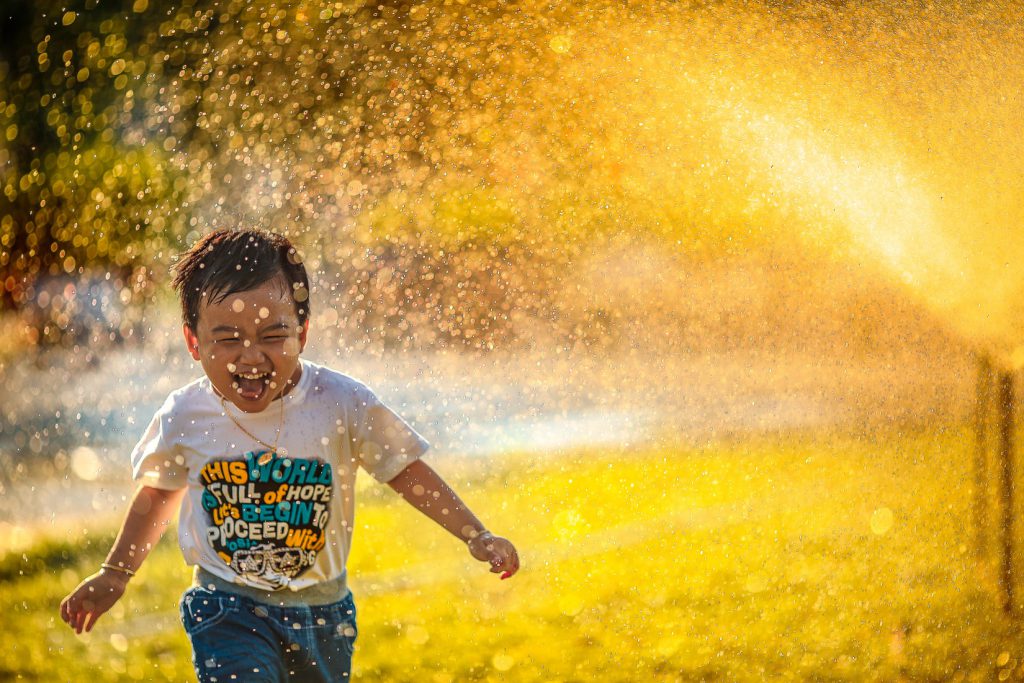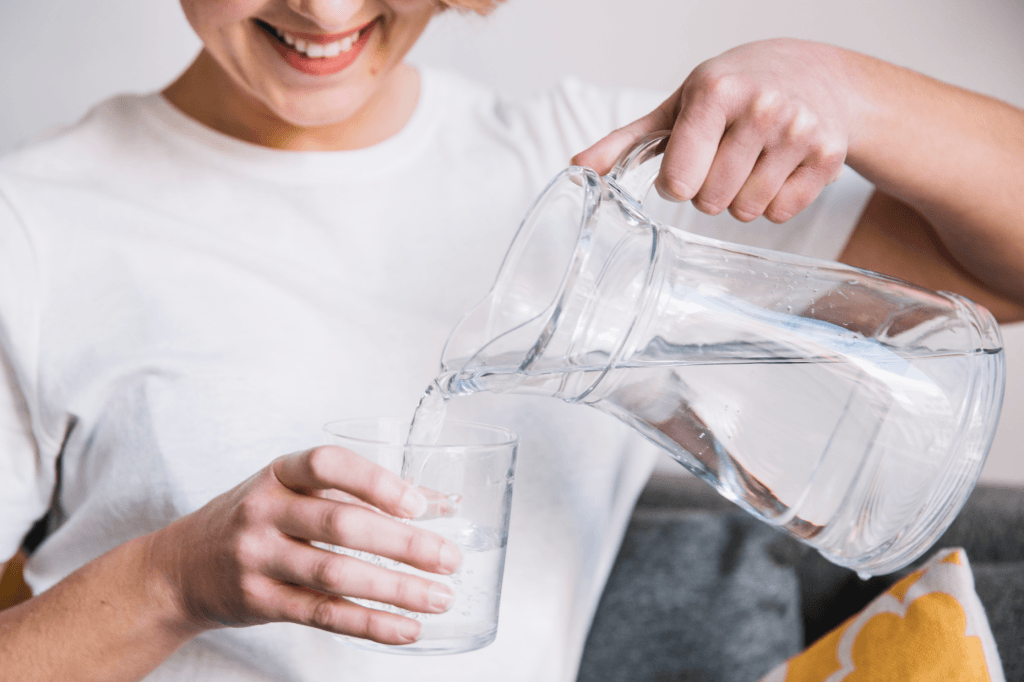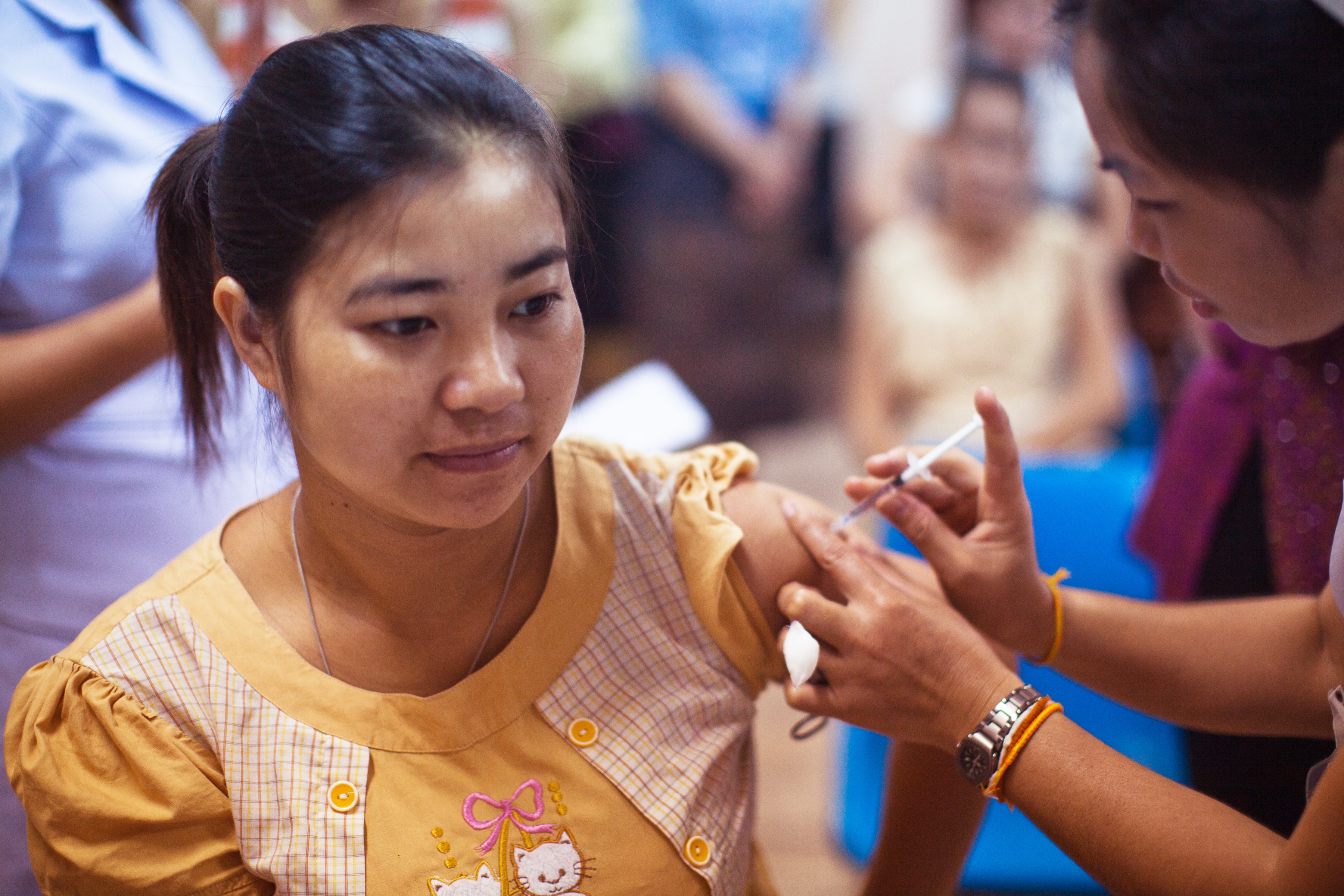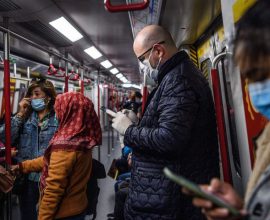Hot weather can be particularly harsh on both children and elderly as their bodies are less efficient at regulating temperature. So how to make sure they always are safe in summer and how to recognize first signs of dehydration and sunstrokes? Here are our tips for hot days that you and your domestic helper should know.
At home
Home is the place where your family will spend most of their time, although it feels like a safe environment, heat can strike too. These points would help you be comfortable at home even it is extremely hot outside:
- ensure good ventilation and cool living environment especially in bedrooms (including your helper’s so she is at her best to take care of your loved ones), but be careful not to catch a cold
- use fans, but not directly towards children or elderly
- if your little ones are sick, take special care of them as it could easily lead to dehydration

Outside, prevent any incident
It is recommended to stay at home as much as possible in case of extremely hot weather. If you do have to go outside,
- avoid outdoor activities and peak hot hours, think about preparing a new time schedule for your helper
- use a water spray, and spray water on your children bodies from a distance (not on the head) to cool them down. You can also moisten a washcloth to humidify their arms and legs
- go to places with air conditioning (malls, cinemas…)
- stay in the shade as much as possible or bring an umbrella to protect you from direct sunlight
- never leave children and elderly unsupervised in cars
Whatever the place you go, always bring water and make sure your loved ones drink more than usual. Dehydration can be identified with extreme fatigue, dizziness, headaches, a loss of appetite and a dry-coated tongue or mouth.

Dress for the occasion
In case of hot weather, appropriate clothes and protections are recommended:
- prefer light clothes as well as natural fabrics such as cotton rather than synthetics
- always wear a sun hat
- use sunscreen on uncovered body parts, for young children it is recommended to try a small amount of sunscreen first and leave it for 30 minutes to see if it triggers any reaction
Be aware of heat stroke symptoms
If a family member experiences one of these symptoms, try to cool him or her down as fast as possible while waiting for help:
- a lack or abundance of sweat
- high body temperature
- headache
- troubles to walk or confusion
- dizziness or nausea
- skin redness
- high heart rate or trouble breathing
Heat strokes are more common at a very young age and above 65. If some of your family members are in these age groups, be much more attentive. Also, you can message your domestic helper regularly to check if they are safe and remind them to drink more water!





